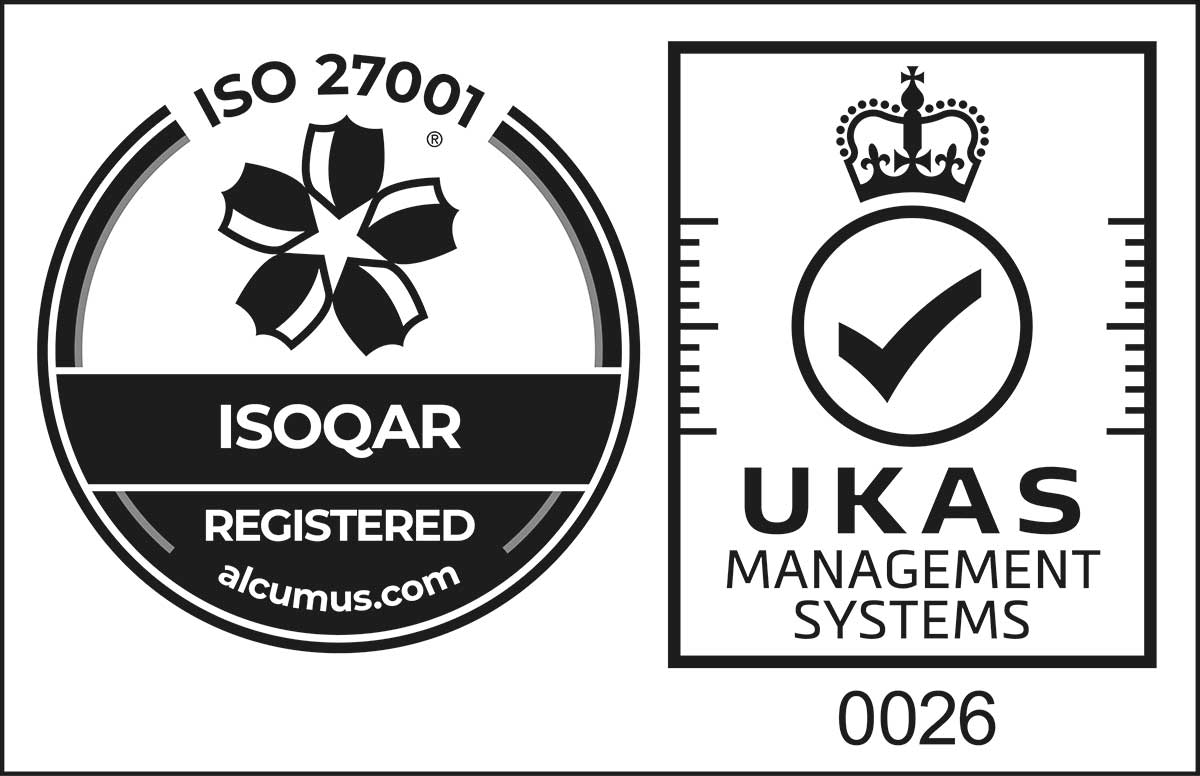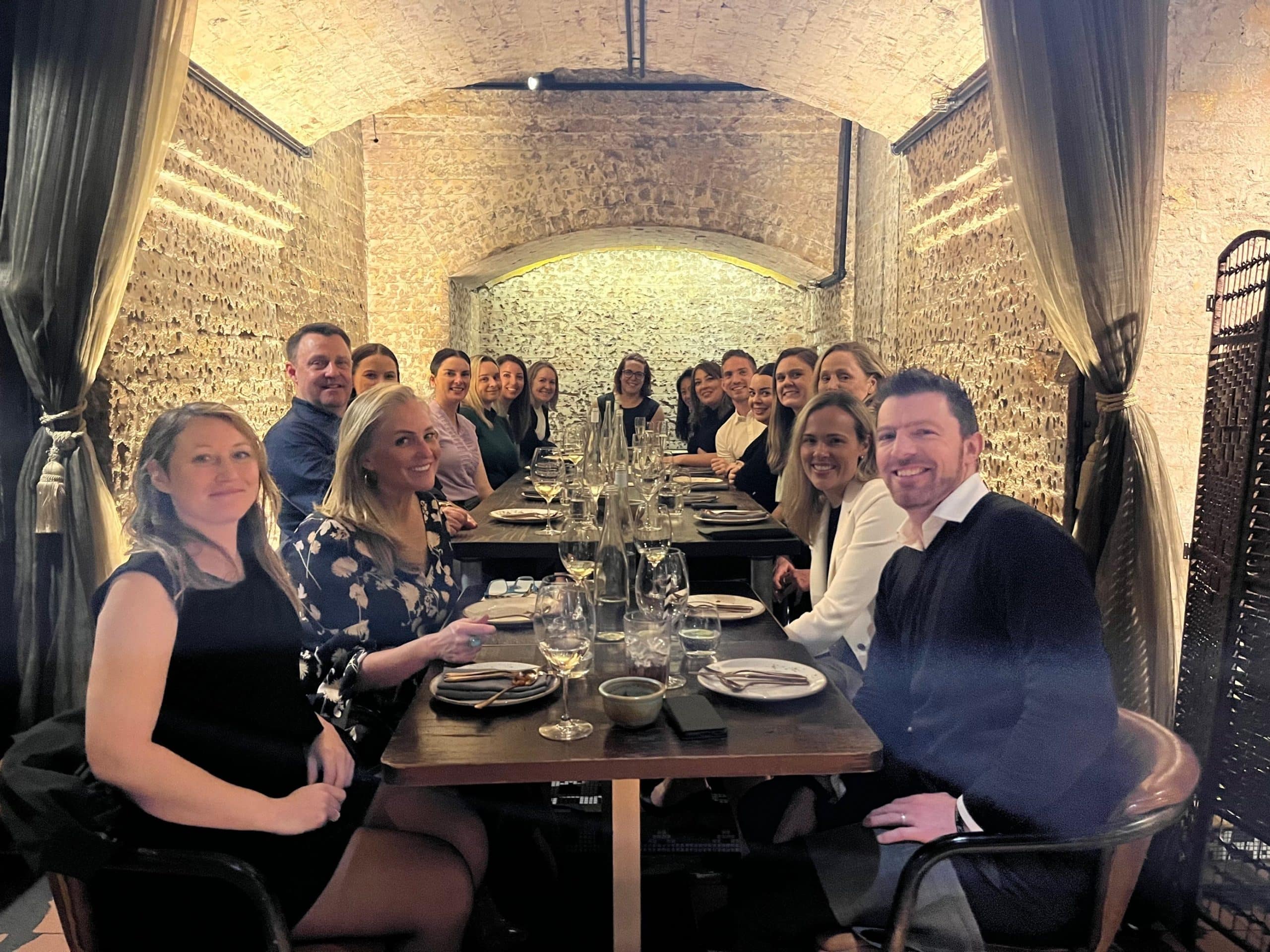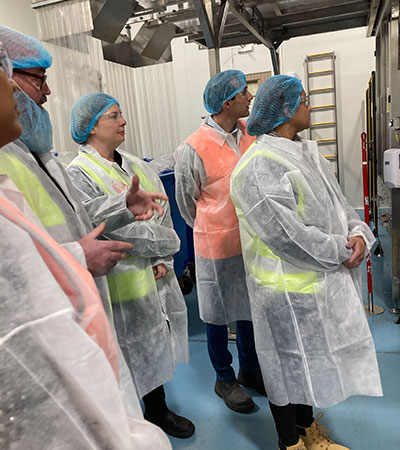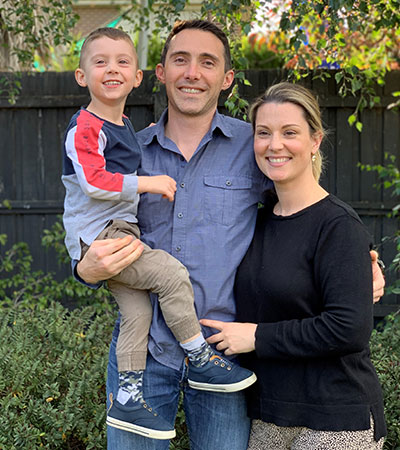- Blogs & Articles
Nathan Machholz: building long-term partnerships
As a talent expert, your goal is always to find the best talent for your clients. But what if you could find top talent while building long-term partnerships with clients in the process? Focusing on talent acquisition across the full recruitment cycle, Nathan has found great success in his RPO (Recruitment Process Outsourcing) career. Based on site, Nathan is an expert in fostering long-term relationships and building complete recruitment strategies for our clients. He shares what it was like to join Hudson RPO, and what sets a career in RPO apart in the world of recruitment.
Starting in RPO: a seat at the table
“Coming into Hudson RPO was very exciting, I was surprised how well-organized the onboarding process was and how everyone involved in my recruitment process was there for me and kept me up to date on what was happening. This has translated into my positive experience working in an RPO model,” says Nathan.
Nathan supports one of our client accounts on-site, meaning he is part of the Hudson RPO team but is also fully embedded as a trusted member of our client’s team. This gives him access to the support and knowledge of the experts at Hudson RPO, as well as the expertise and knowledge of our client.
“Having worked in agency recruitment for four years before joining Hudson RPO, the biggest difference was having a seat at the table. You are sitting right there in the room with managers. You have a constant line of communication with them about what their challenges are and what is happening in the business. This gives me a well-rounded and better understanding of the organisation that I can also share with my candidates,” he explains.

Career progression as a trusted partner
Working for an RPO has provided Nathan with opportunities he would not have had elsewhere, allowing him to look at recruitment as part of a business strategy long-term.
“I am not just looking for the next hire, I am looking at how we can optimise our proposition as an employer, or what events we should attend in order to reach the talent we are looking for. I would say part of my role is also being a brand ambassador for my client. A career in RPO is great for those who are looking to go about recruitment from a strategic perspective with long-term networks and relationships rather than on rapid hires and KPIs alone.”
Another benefit of a career in RPO is the many opportunities for career progression. Many of our recruiters have worked in a variety of positions. Whether you want to become an expert in a specific industry or aspire to be more of a generalist, there is an opportunity for you within the business in one of our accounts or regions. That goes beyond recruitment too, with some of our recruiters stepping into marketing, sales, or business analysis.
“There are a lot of opportunities when you work for an RPO. While staying in the same company, you get to experience many different industries, companies, teams, and technologies,” explains Nathan.
For Nathan, the best thing about working at Hudson RPO is the supportive environment.
“There is a lot of support from senior leadership at Hudson RPO. They really care about the people that work here; look at the Aspire Awards for example. I enjoy working with my client and colleagues in an inclusive company, so I look forward to seeing where it takes me, and I feel excited about the future!” says Nathan.
Is RPO your next career move?
Are you interested in a career in RPO? Click here to read more about life at Hudson RPO or find all our open roles here.

Hudson RPO
Content Team
The Hudson RPO Content Team is made up of experts within the Talent Acquisition industry across the Americas, EMEA and APAC regions. They provide educational and critical business insights in the form of research reports, articles, news, videos, podcasts, and more. The team ensures high-quality content that helps all readers make talent decisions with confidence.
Sign up to receive the latest recruitment insights and Hudson RPO news.















